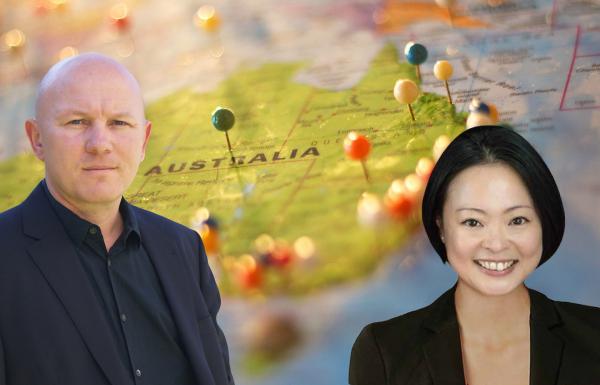2025 update on the Australian Defence Executive Education Program on ‘Strategic Policy for the Asia-Pacific in Transition’

Australian Defence Executive Education Program on ‘Strategic Policy for the Asia-Pacific in Transition’ (2019-2027)
This project was funded by an initial grant from the first round of the Defence Strategic Policy Grant Scheme (DSPG19), and was subsequently expanded and extended.
Lead by Chief Investigator Professor Evelyn Goh and her expert team of Project Investigators: Jochen Prantl, Brendan Taylor, Amy King, Iain Henry, this small team of specialist SDSC scholars have researched, designed and delivered an original Executive Education program for Defence.
The Program develops research-based analysis, concepts and planning tools designed specifically for Defence strategic policy and knowledge training, for policy-makers dealing with Australia’s regional security environment.
2024 program highlights
Dr Nicholas Chan joined the team as the Program’s Post-doctoral Fellow on 1 January 2024, boosting the team's capacity both intellectually and organisationally.
The team successfully delivered the fourth cycle of the Executive Education Program, consisting of four three-day intensive Modules:
- Capstone: Strategic Policy for the Asia-Pacific
- Strategic Diplomacy for Australian Defence
- China and International Order
- Crises, Conflicts and Alliances in Asia
In 2024 these Modules saw a total of 97 participants.
As of February 2025, the Program has trained a total of 320 participants, the bulk of whom are Australian Defence officials, with a small number from DFAT and other parts of the APS.
Expanding the program content
In 2024, the Program also included an additional new element — specially designed Working Seminars for Defence Senior Executives. Profs. Goh and Prantl conceptualised the approach, and worked with Drs. King and Henry to deliver the two Workings Seminars in July and November at the request of Defence Strategic Policy Division.
Altogether about 30 SES from Defence participated in these two half-day closed-door discussions on dealing with urgent strategic challenges in the Indo-Asia-Pacific. The feedback was excellent, especially regarding the quality of the team’s facilitation using helpful original concepts, and a dynamic scenario-based exercise.
